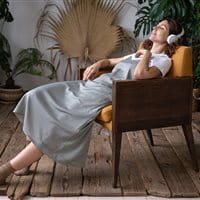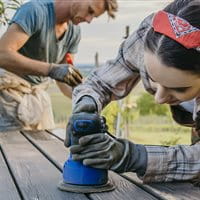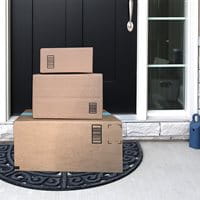Burglary: How to protect your home
You can protect yourself against burglary. We tell you what you should look out for and what the insurance coverage entails. So you can step out your home or head off on vacation with peace of mind.
Small things can often help to protect against burglary and theft:
If you discover upon entering your home or apartment that it has been burglarized, we recommend the following:
Burglary – unless otherwise regulated – is covered by household contents insurance. The insurance company usually pays for the replacement of the stolen items. Repairs and damage caused by the burglary are also usually covered by household contents insurance – for tenants, these costs are covered by the landlord.
However, there are some important things to consider when it comes to insurance cover.






